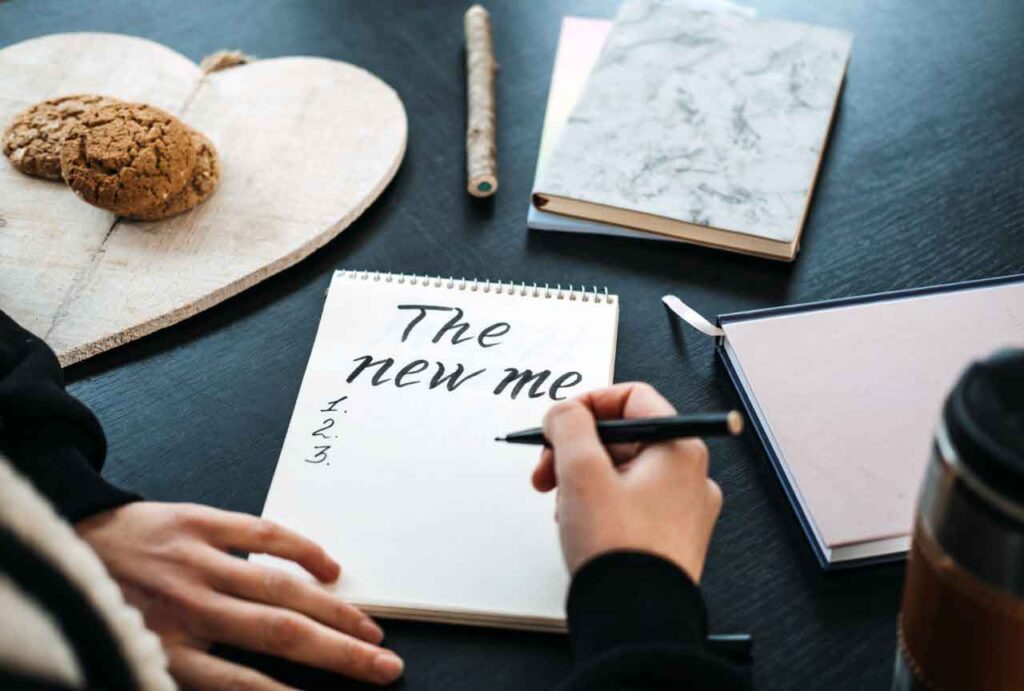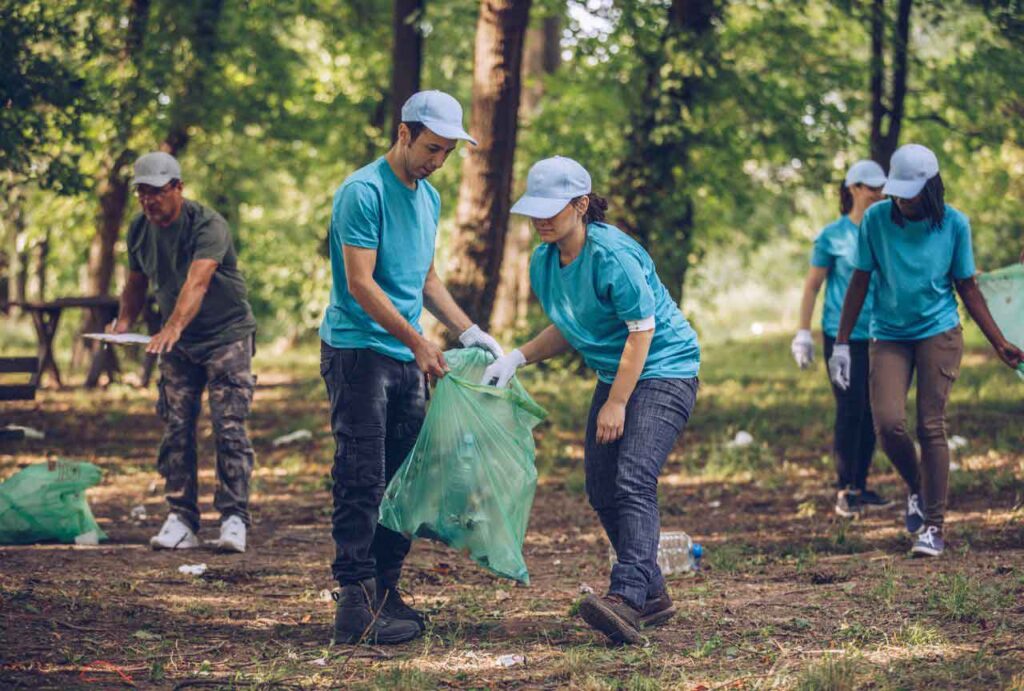Have you ever wondered what you’re truly good at? Deep down, most of us possess hidden talents, skills, and abilities waiting to be discovered. But with the demands of daily life, it’s easy to overlook these dormant strengths.
Understanding your own skills and talents is essential for personal and professional growth. Yet, many of us find it challenging to identify and acknowledge our strengths.And in a world brimming with opportunities and possibilities, recognizing what we excel at can pave the way for fulfilling careers, enriching hobbies, and meaningful relationships.
This article offers a powerful way for self-evaluation: 30 thought-provoking questions designed to help you uncover your unique abilities and hidden talents. These questions are crafted to encourage deep reflection, prompting you to explore various aspects of your experiences, preferences, and inclinations.
By engaging with these questions honestly and openly, you’ll gain valuable insights into your capabilities and unearth talents you may not have realized you possess.
25 Questions to ask yourself to identify your skills and Hidden talents:
Before we dive into these 25 insightful questions designed to unlock your hidden potential, take a moment to create the perfect environment for self-reflection. Find a quiet, isolated space where you can truly disconnect from distractions and immerse yourself in introspection. Grab a pen and notebook, your trusted companions on this journey of self-discovery. Let these tools capture your thoughts, feelings, and realizations as you embark on this exciting self- exploration.
Remember, there are no wrong answers here. Approach this process with an open mind and a genuine desire to learn more about yourself.

Also Read: How Interests Shape And Lead Career Choices (examples)
1. What activities do you effortlessly lose track of time while doing?
Importance: This question helps uncover activities that you are naturally drawn to and enjoy. When you’re deeply engaged in an activity and lose track of time, it’s a sign that you’re tapping into a skill or talent that comes to you intuitively. Recognizing these moments can lead you to discover areas where you excel and derive fulfillment.
2. What tasks do others often seek your help or advice on?
Importance: The perception of others can provide valuable insights into your skills and talents. When people consistently seek your assistance or advice in specific areas, it indicates that you possess expertise or proficiency in those areas. Pay attention to the requests you receive from friends, family, or colleagues, as they can highlight your strengths and areas of expertise.
3. What subjects or topics do I enjoy learning about in your free time?
Importance: Your interests and curiosities often align with your innate talents. Reflect on the subjects or topics that captivate your attention when you’re not obligated to study or work. Exploring these interests further can lead you to discover hidden talents and skills that you may not have recognized before.
4. When faced with a challenging problem, what approach do you naturally take to solve it? Are you analytical, creative, or collaborative?
Importance: This question reveals your problem-solving style. Understanding your preferred approach helps you leverage your strengths in various situations. An analytical approach suggests strong reasoning and logic skills, while creativity indicates resourcefulness and the ability to think outside the box. Collaboration highlights your teamwork and communication abilities.
5. What achievements or accomplishments are you most proud of?
Importance: Reflecting on your past achievements allows you to identify the skills and strengths that contributed to your success. Consider the tasks or projects you’ve completed with satisfaction and pride. These accomplishments provide clues about your abilities and talents, showcasing areas where you have excelled in the past and may continue to excel in the future.
6. In which activities do you consistently receive positive feedback?
Importance: Feedback from others can offer valuable perspectives on your skills and talents. Pay attention to the compliments and praise you receive from peers, mentors, or supervisors. Consistent positive feedback in specific areas indicates strengths and competencies that others recognize in you, highlighting potential skills and talents worth exploring further.
7. When learning a new skill, do you gravitate towards a specific method (e.g., visual, auditory, kinesthetic)?
Importance: Understanding your preferred learning style helps you optimize your skill development. By aligning your learning methods with your natural processing tendencies, you can accelerate your progress and improve knowledge retention.

Also Read: How to Self-Learn for Career Advancement (Techniques and Strategies)
8. In group settings, do you naturally take on specific roles (e.g., organizer, mediator, comedian)? What leadership qualities or social skills do you possess?
Importance: Your behavior in group settings can offer insights into your preferred roles and strengths. Reflect on the tasks or responsibilities you naturally assume when working with others. Whether you’re inclined towards leadership, organization, creativity, or problem-solving, observing your tendencies in collaborative settings can help identify your skills and talents.
9. What are you curious about? What topics or domains intrigue you and draw you in for further exploration?
Importance: Curiosity is a powerful indicator of potential talent. Areas that pique your interest often signify inherent aptitudes and a desire to learn and grow. Exploring these curiosities can lead to the discovery of hidden abilities and untapped potential.
10. What unique experiences or perspectives do you bring to the table? How can your background or skills contribute to different environments or teams?
Importance: Recognizing your unique value proposition is crucial for self-awareness and career development. Identifying your specific skills and experiences allows you to confidently contribute your unique perspective to various situations and teams.
11. What activities or tasks do you find yourself teaching or explaining to others?
Importance: Teaching or explaining tasks to others requires a deep understanding of the subject matter and effective communication skills. Reflect on the topics or activities you often find yourself teaching or explaining to friends, family, or colleagues. Your ability to convey information clearly and help others understand complex concepts can indicate areas of expertise and talent.
12. Imagine waking up with superpowers. What abilities would you choose and why? What specific skills do these superpowers represent?
Importance: This imaginative question allows you to bypass self-imposed limitations and tap into your deepest desires. The chosen superpowers often reflect underlying skills and values you consider important. Analyzing these choices reveals hidden talents and areas you may subconsciously strive to develop.
13. Have you ever received constructive criticism that resonated deeply and led to personal growth? What skills or talents did this feedback highlight?
Importance: Constructive criticism, while sometimes uncomfortable, can offer valuable insights into blind spots and hidden talents. Reflecting on impactful feedback helps you recognize strengths you may not actively acknowledge and areas where you’ve demonstrated significant growth potential.
14. What tasks or activities do you find yourself researching or exploring out of curiosity?
Importance: Consider the topics or activities you frequently research or explore simply out of fascination. Your willingness to delve into these subjects indicates a genuine interest and potential aptitude, suggesting areas where you may possess untapped skills and talents.
15. In what areas do you feel most confident and self-assured?
Importance: Confidence often correlates with competence and expertise in specific areas. Reflect on the tasks or activities in which you feel most confident and self-assured. These moments of confidence can provide valuable clues about your strengths and capabilities, guiding you towards areas where you may possess innate talents.
16. What tasks or responsibilities do you consistently procrastinate on or avoid?
Importance: Your avoidance or procrastination of certain tasks can highlight areas where you feel less confident or competent. Reflect on the tasks or responsibilities you tend to put off or avoid altogether. Understanding the reasons behind your reluctance can help identify areas where you may need additional support or development, as well as uncover hidden talents that you may not have realized.
17. When faced with a new challenge or opportunity, what is your initial reaction?
Importance: Reflect on whether you approach new situations with enthusiasm, apprehension, curiosity, or excitement. Understanding your initial reactions can help you identify areas where you feel most comfortable and confident, as well as areas where you may need to push yourself outside your comfort zone to discover hidden talents.
18. What tasks or activities do you find yourself daydreaming about or envisioning success in?
Importance: Daydreaming about certain tasks or activities can indicate underlying passions and aspirations. Reflect on the tasks or endeavors that occupy your thoughts and imagination, even when you’re not actively engaged in them. These daydreams can provide valuable insights into your true interests and potential talents, guiding you towards fulfilling pursuits.
19. Can you recall instances where you unexpectedly excelled at a task or surprised yourself with your abilities?
Importance: Reflecting on moments you exceeded expectations can unearth hidden talents and capabilities. Recognizing situations where you surprised yourself highlights previously unidentified strengths and potential waiting to be explored.
20. What activities do you do during times of stress or pressure?
Importance: Your behavior during stressful situations can provide insights into your coping mechanisms and strengths. Reflect on the tasks or activities you naturally turn to when under pressure. Whether it’s organizing, problem-solving, or seeking support from others, these coping strategies can reveal valuable information about your skills and talents, highlighting areas where you thrive even in challenging circumstances.
21. What values or goals do you feel passionate about supporting, and what skills would you contribute?
Importance: Identifying causes you passionately connect with can reveal hidden leadership, advocacy, or organizational skills. Recognizing your desire to contribute to specific causes sheds light on potential talents you can leverage to make a positive impact.

Also Read: Traits of High-Achievers for Personal and Professional Growth
22. Imagine you have unlimited resources and time. What project or skill would you dedicate yourself to mastering?
Importance: This hypothetical scenario explores your deepest aspirations and potential talents. The project you envision mastering offers insights into hidden skills, passions, and areas where you possess strong learning potential.
23. When faced with a setback or failure, how do you respond and what lessons do you draw from the experience?
Importance: Your response to setbacks and failures can provide valuable insights into your resilience and adaptability. Reflect on how you react when faced with challenges or disappointments. Consider the lessons you glean from these experiences and how they shape your approach to future endeavors. Your ability to learn and grow from setbacks demonstrates valuable skills and talents, including perseverance and self-awareness.
24. What skills or talents do you admire in others, and why?
Importance: The skills and talents you admire in others often reflect your own aspirations. What are the qualities or abilities you admire in friends, colleagues, or role models? Consider why these attributes resonate with you and how they align with your own interests and values. Recognizing the skills you admire can inspire you to cultivate similar talents within yourself.
25. What tasks or activities have you excelled in without formal training or instruction?
Importance: Your ability to excel in certain tasks or activities without formal training suggests innate talent and aptitude. Reflect on instances where you’ve achieved success or mastery through self-directed learning or experimentation. Whether it’s playing a musical instrument, learning a new language, or mastering a technical skill, recognizing these self-taught accomplishments can highlight areas of natural talent and passion.
Remember, self-discovery is an ongoing journey. By reflecting on these 25 questions and actively exploring your interests and experiences, you can unlock a treasure trove of hidden talents and pave the way for a fulfilling and purposeful life.



